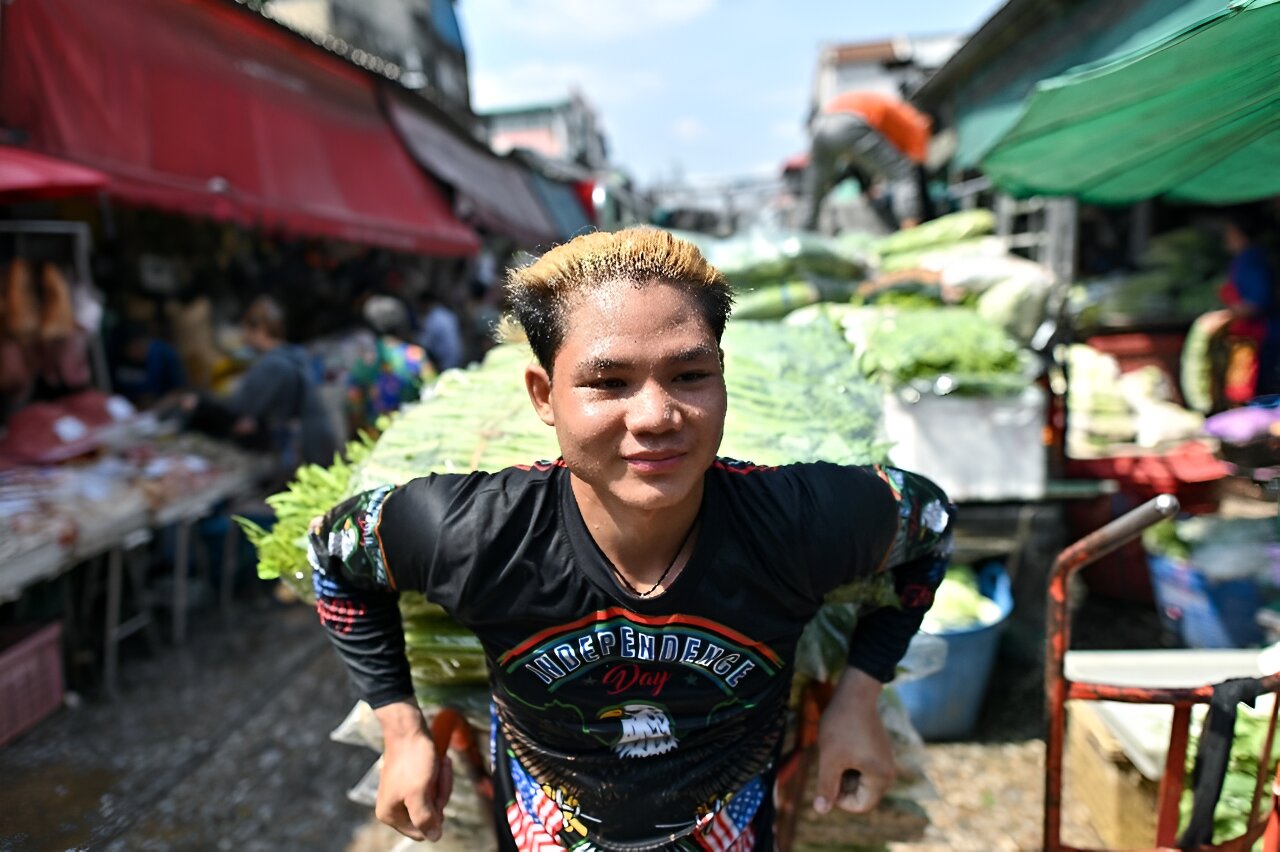Southeast Asia has been enduring a prolonged heat wave, resulting in record-high temperatures that have caused school closures in several countries and prompted urgent health warnings throughout the region.
On Monday, millions of students in all public schools across the Philippines were instructed to stay home after authorities canceled in-person classes for two days. The main guidance has been to avoid outdoor activities and stay hydrated, with a special emphasis on the young and the elderly to exercise caution.
Chan Yutha, a spokesperson for Cambodia’s Ministry of Water Resources and Meteorology, informed The Associated Press on Monday that the country is experiencing its highest temperatures in 170 years. His agency predicted that temperatures in most parts of the country could reach up to 43°C this week.
Myanmar’s meteorological department reported that on Monday, seven townships in the central regions of Magway, Mandalay, Sagaing, and Bago experienced record-high temperatures.
Last week, several towns in Myanmar were listed among the hottest places worldwide. In Chauk township, Magway, historically the hottest region in the country, the temperature reached 48.2°C, surpassing the previous record of 47.4°C set in 1968.
The Philippines is one of the countries most severely affected by the extreme heat in Southeast Asia. The intense tropical summer, exacerbated by high humidity, has led to class cancellations in recent weeks and raised concerns about water shortages, power outages, and agricultural damage.
Due to the health risks associated with record-high temperatures and a three-day strike starting Monday by drivers opposing a government program they fear will remove old passenger jeepneys from the streets, the Department of Education directed students in more than 47,000 public schools to transition to home-based and online learning.

In response to the sweltering conditions, large crowds have been flocking to air-conditioned shopping malls in Metropolitan Manila, the congested capital region of over 14 million people, where temperatures soared to 38.8°C on Saturday, surpassing a decades-old record, according to weather officials.
In Thailand, temperatures have exceeded 44°C in some northern regions, while Bangkok and its surrounding areas have experienced temperatures above 40°C.
The meteorological department forecasted that this year’s summer, typically lasting from late February to late May, would be one to two degrees hotter than last year, with lower than average rainfall.
The Department of Disease Control in Thailand reported that at least 30 people have died from heat stroke this year, compared to 37 for all of last year.
Scientists have noted a significant increase in heat-related deaths globally in recent years, alongside rising temperatures. However, the trend in Asia this year remains unclear, partly due to the difficulty in classifying deaths that seem heat-related.
In the Philippines, at least 34 people have fallen ill from the extreme heat this year, including six who died. The Department of Health stated that it is verifying the exact causes of these deaths.
Bangladeshi media reported that at least 20 people died from heat stroke over a five-day period earlier this month.
In Cambodia, officials indicated there were few, if any, heat-related fatalities. The Khmer Times, an online news platform, quoted the head of Phnom Penh’s Health Department, who stated there had been no heat-related deaths or collapses.


